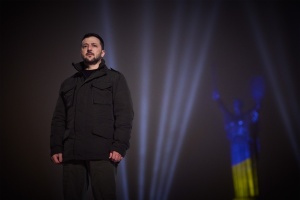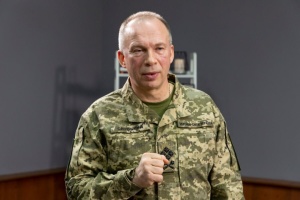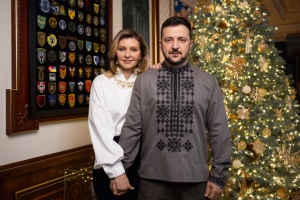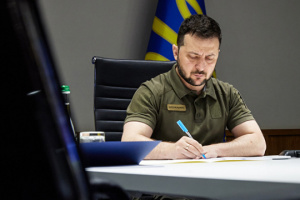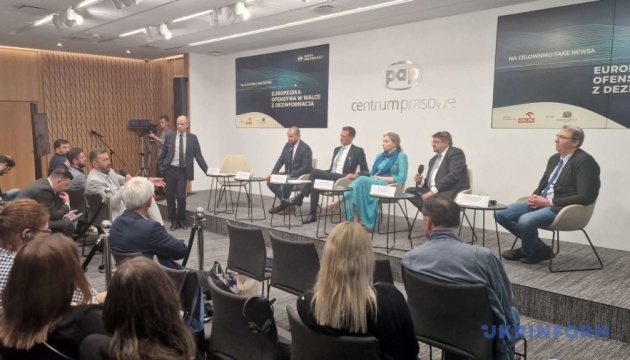
In Warsaw, heads of European news agencies discuss countering Russian fakes
Representatives of the leading European news agencies discussed these issues at the Future Media Conference in Warsaw on Thursday, an Ukrinform correspondent reports.
In his speech, President of the European Alliance of News Agencies (EANA) and CEO of Austria’s news agency APA Clemens Pig said that news agencies now face more challenges than they did five years ago. According to him, then the world was completely different, but first the pandemic, and later Russia’s full-scale aggression against Ukraine, accelerated very dangerous phenomena in the society.
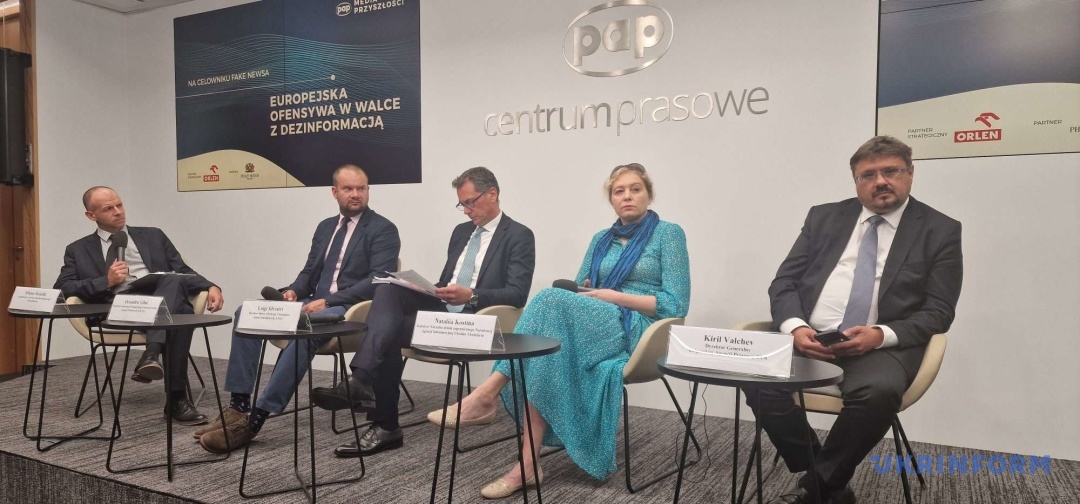
"Their symbol today is fake news, created not only by cybercriminals or corrupt governments, but also by increasingly effective artificial intelligence," Pig emphasized.
He noted that each war is a "brutal struggle with the truth and constant attempts to suppress honest messages with disinformation noise."
"Therefore, today, news agencies have a greater role: in addition to providing the public with facts, they must also constantly raise the professional level of their employees so that they can effectively defend themselves against increasingly better fake news," Pig noted.
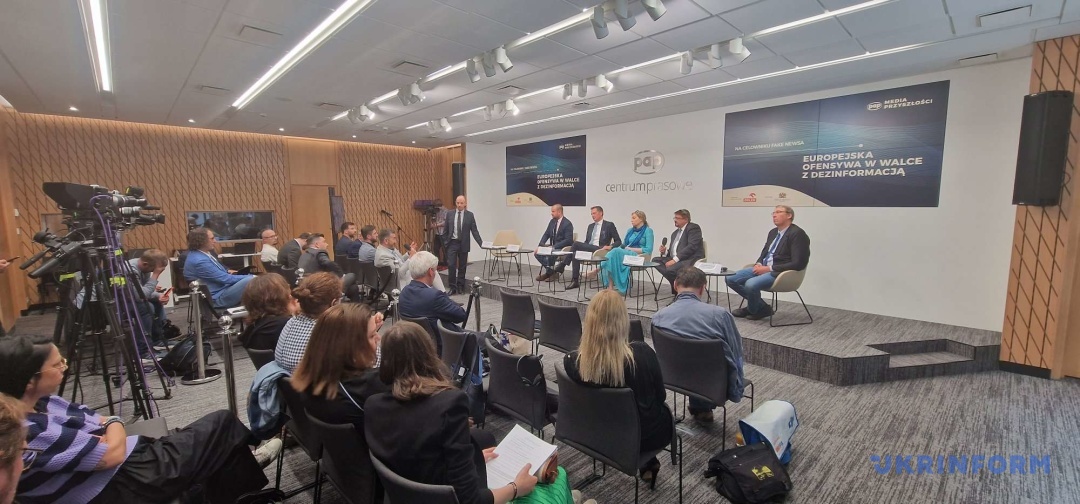
According to him, nowadays, a news agency cannot cope with global challenges alone, for example, by comprehensive verification of information appearing on social media. This requires means and competences that far exceed the capabilities of one news agency.
Many heads of news agencies focused on the strengthening of Moscow's information war against the West, which especially enhanced before the beginning of Russia’s full-scale invasion of Ukraine.
Wojciech Surmacz, the president of the Polish Press Agency (PAP), emphasized that since the full-scale war, there has been a "powerful wave of disinformation," especially about what is happening in Ukraine or Poland. Therefore, news agencies must constantly fight this and constantly explain to the world how everything is in reality and why Ukraine defends itself from the aggressor.
“Ukraine is fighting because it never belonged to Russia, because it is an independent and sovereign state. And that's how it should be," Surmacz said.
He stressed: people die every day in Ukraine, in particular for the right to freely express their opinion, and the task of news agencies today is to remember this and tell the whole world about this.
Surmacz emphasized that information from news agencies feeds the media ecosystem all over the world, so now they are probably most responsible for the quality of information.
Nataliia Kostina, editor-in-chief of Ukrinform's international department, said that many conferences on countering disinformation have been taking place in Europe recently. In her opinion, this is evidence of "the need to move to a new, higher level of countering disinformation."
She reminded that fact-checking in Ukraine began to develop actively in 2014, when Russia attacked Ukraine. First, non-governmental organizations began to do this, then mass media, and now they are effectively engaged in this not only at the national level, but also at the local level.
Kostina said that in Ukraine, various media organizations have well mastered the process of collecting and analytically processing disinformation, classifying fakes by topics.
The representative of Ukrinform stressed that Russia has been bombarding the territory of Ukraine with Iranian-made drones and missiles for a long time, and it is doing the same in the information space, "bombarding" it with fakes. According to her, in the first case, Russia aims to exhaust Ukraine’s air defenses, while in the second case, it aims to saturate the information space with anti-Ukrainian messages such as the fact that the West should not waste time helping Ukraine, as it does not make any sense. Therefore, as Kostina emphasized, these Russia’s "informational missiles" must be constantly disarmed, having a corresponding "air defense information system", and this is a task, in particular, for European and world news agencies.
The Future Media Conference was organized by the Polish Press Agency (PAP).

